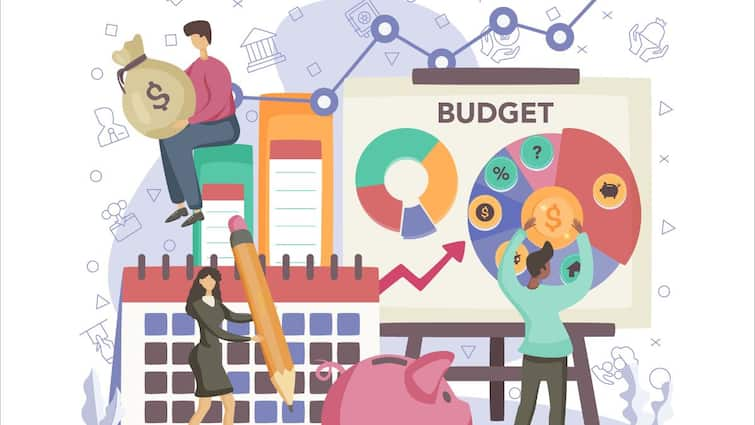The festive season is a time of immense excitement and joy, but can often leave us financially stretched. Gifts, sweets, and home décor costs can add up, leaving our budget, and often credit cards, maxed out and savings low. Feeling financially strained after the festive season is common. Thankfully, there are some effective ways to help you get back on track and reset your finances in November and prepare to start the new year on a strong footing.
Review your festive spending
Once the festive season, and expenses are done with, take a thorough look at your bank and credit card statements. Identify how much you have spent on essentials versus non-essentials. This will give you an understanding of your spending patterns and clarity about what you’ve spent on.
For example, after reviewing your expenses, you find that you’ve spent a big chunk of your expenses on gifts or decorative items that weren’t necessary. In the coming months, you can make a conscious decision to limit such spending.
Set a budget for November
After reviewing your festive expenses, create a budget for November that covers all essentials like rent, groceries, utilities, EMIs, insurance premiums, and transport. Allocate a small amount for discretionary spending, so you do not feel deprived. For instance, if you spent a fair bit on Diwali gifts, consider limiting non-essential spending for the next month for some balance. A lean budget can help you regain control over your finances and prevent debt from snowballing.
Prioritise credit card repayments
High-interest credit card debt can grow quietly, but quickly, if ignored. Start by paying off cards with the highest interest. If you are stretched thin, make at least the minimum payments on other cards. The aim is to tackle the most expensive debt first, which reduces financial pressure.
Split payments wisely
If you have unavoidable large bills, consider splitting them using no-cost EMIs which allow you to spread the payment over a few months without incurring any or much interest. This can help with monthly cash flow issues and reduce stress.
Use rewards and cashback
Most credit cards offer cashback, reward points, or vouchers, especially during the festive season. Redeem points from previous purchases to save on essentials or upcoming bills, and use cashback to offset grocery or utility expenses. Use these benefits strategically but not as an excuse to overspend again.
Cut back on small daily costs
Seemingly minor costs like dining out, coffee runs, or even impulse shopping can dent your budget by a fair amount. For instance, if you’re dining out every other week, it can cost you nearly Rs 1500-2000 each month. Instead, switch to making coffee or preparing food at home to save on these costs while you’re recovering from festive debt. Over some time, these minor savings can make a big difference to help you repay your debt faster and also build a cushion for the future.
Track and adjust weekly
Monitor your expenses weekly to ensure you’re sticking to your budget. As the month proceeds, adjust it as needed, but avoid impulsive or unnecessary expenses. Tracking progress can encourage you to maintain discipline and lend a sense of control that is especially important as you recover financially.
Plan for next festive season
To prepare for the next festive season, why not start a ‘festival fund’? Set aside an amount of your choosing from your monthly income, without compromising essentials like savings, emergency fund, etc. Even if you save Rs 2,000 per month, you’ll have Rs 24,000 by next Diwali, reducing your reliance on credit by that much. Planning ahead also helps cut down on some of the money-related stress that accompanies the festive season.
Recovering from festive overspending requires planning, prioritising, and making small but deliberate changes. So, set a clear budget, pay off high-interest debts first, and use rewards wisely to save. Minor changes, like cutting back on non-essential expenses can also add to your savings, and recovery. Be consistent and diligent in your tracking so you can bounce back financially and regain control.
(The author is the CEO at BankBazaar.com. This article has been published as part of a special arrangement with BankBazaar)



